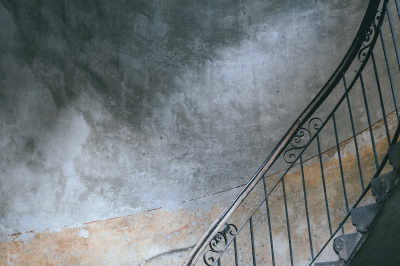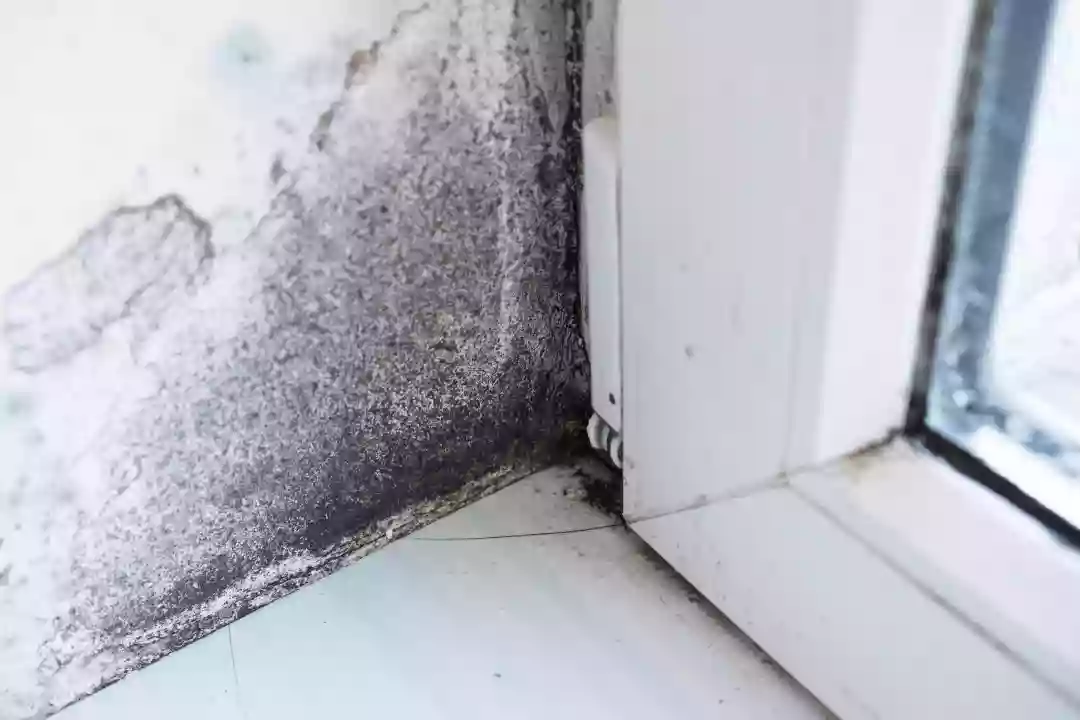What Does Damp Proofing Do?
Damp proofing property is one of the best ways to protect it from damage caused by moisture. It involves a damp proof course or membrane being placed in the wall cavity or below ground level to stop moisture from seeping into the property’s fabric.
Damp proofing reduces the risk of damp and other issues such as woodworm, rot and mould, making it an essential investment for any property owner. It is also important to detect any existing damp ingress and fix the source of the problem before the damp proofing measures are taken, to ensure they are effective in the long term.
If a property has damp then this can cause structural damage, so treating it with a damp proof course is essential. Doing this will not only preserve the condition of the property but can also add an additional layer of protection against future risks.
In addition to preventing further damage, damp proofing can also improve the aesthetic of the property and make it more comfortable for occupants. Dampness leads to patches of discolouration on the walls and ceiling and can cause paintwork to blister, peel and crack. By treating the damp, these problems can be prevented from occurring, making the home look and feel much better.
Would Damp Proofing Increase the Value of My Home?
When it comes to increasing the value of your home, damp proofing should be an essential consideration. Without taking proper measures to prevent and treat damp, the market value of a property can suffer greatly. In fact, according to the Nationwide Building Society, properties with a history of damp can be devalued by up to 25%.
When looking at a property, potential buyers will often check for signs of damp and assess if the property has any obvious defects that need to be fixed. If a damp problem is present and the property has not been damp proofed, then it may be very difficult to sell it.
Therefore, if you are looking to sell your home and want to increase its market value, then damp proofing should be considered. As well as being beneficial in terms of selling the property, damp proofing can also provide a much better living environment for the occupants and help to protect the structure of the property.

Need assistance finding damp proofing near you?
Get a QuoteIs Damp Proofing Worth It?
When considering damp proofing for a property, it is important to take into account both the short and long-term benefits. Investing in damp proofing measures can be costly and time-consuming, but it will be worth it in the end.
The upfront costs of damp proofing may be off-putting for some, but the measures taken will pay for themselves in the long run. Damp proofing will help to protect the structural integrity of the property, meaning that it should last longer and may even increase in value over time. On top of this, it will make the property more comfortable and aesthetically pleasing, both of which could potentially attract more buyers in the future.
The Different Types of Damp
It is important to distinguish between the different types of damp when deciding whether damp proofing is necessary. The most common type of damp issue is rising damp, which occurs when moisture rises through the walls of a building. Penetrating damp is another issue that can arise when water seeps through cracks in the wall or roof and penetrates into the property’s fabric.
In addition to these two types, there is also condensation damp, which is caused by excessive moisture in the air. This type of damp is usually the result of inadequate ventilation in the building, so it is important to ensure that the property is adequately ventilated to reduce the risk of this becoming a problem.
How to stop damp devaluing your house sale
The key to stopping damp devaluing your house sale is to act quickly and ensure that any existing dampness is properly treated. By investing in damp proofing measures, you can help to prevent further damage and improve the property’s value.
There are a few common methods used for damp proofing, such as chemical damp proof courses, physical damp proofing and electrical damp proofing. Chemical damp-proof courses involve injecting a specialist damp-proofing fluid into the affected walls, whereas physical damp proofing involves installing a damp-proof membrane in the wall cavity or below ground level. Alternatively, electrical dampproofing involves making the walls more resistant to water by running a current through them.
When choosing a damp proofing solution, it is important to consider the cost, time and expertise involved. Each preference has its own set of pros and cons, so it is worth doing some research to find out which option is most suitable for your property and budget.
Ultimately, damp proofing is an important investment that can help to preserve, protect and improve the condition of your property. While it may require a significant amount of investment, it could be the difference between achieving a successful house sale or seeing it devalued due to damp issues.
In this article:
